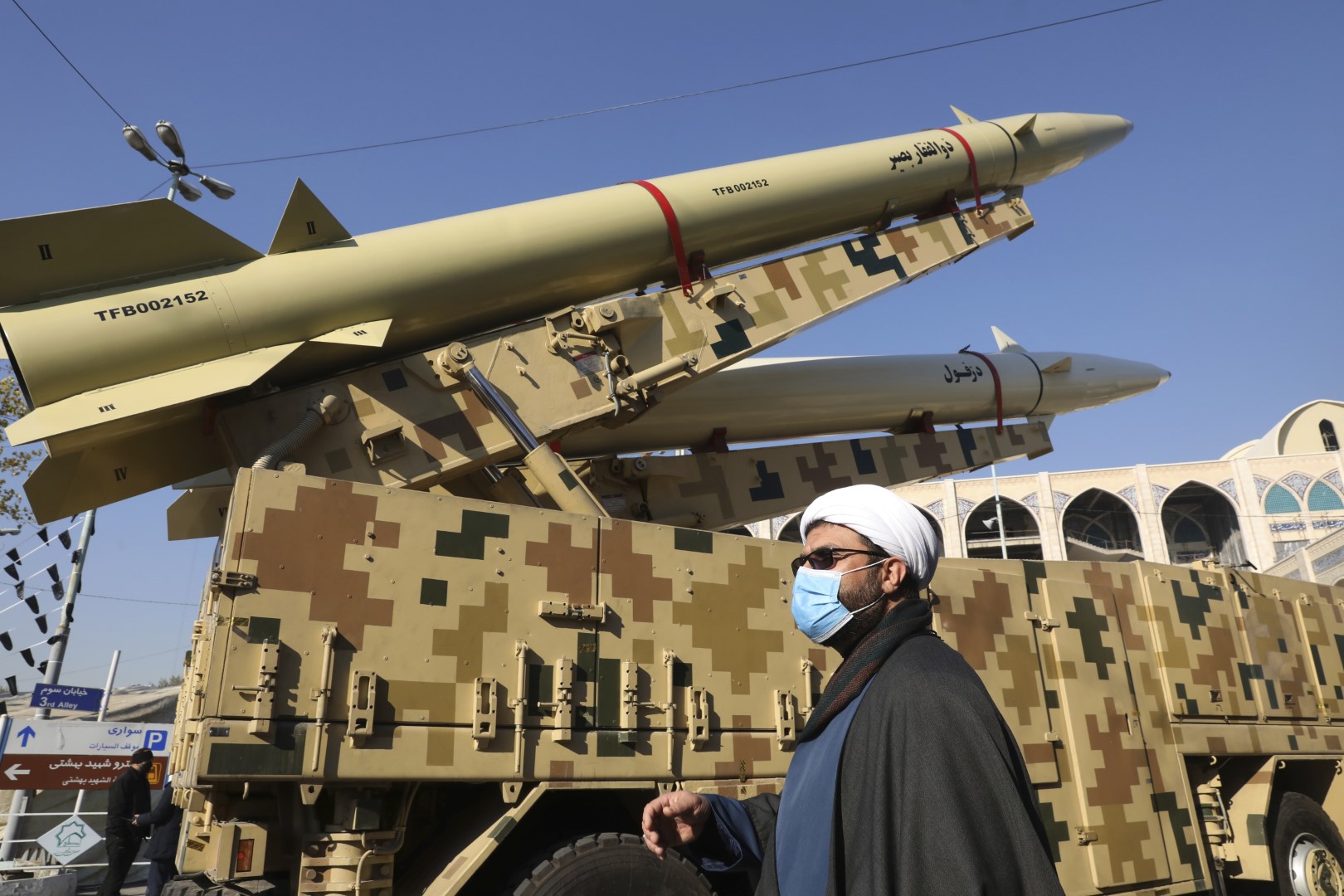- Dec 18, 2012
- 4,555
- 7,504
- 1,930
Just like Bin Laden denied anything to do with 9/11 numerous times. We took out Saddam for Israel anyway.
Does anyone actually believe anything this government says? Just for fun they'll say the terr'ists were hiding in the floorboards of a nursery.
Iran Denies Involvement in Deadly Attack on US Troops in Jordan - THE DAILY STAR
Iran Denies Involvement in Deadly Attack on US Troops in Jordan
Iran has officially distanced itself from the recent attack that resulted in the deaths of three United States troops at a US military outpost in Jordan. In a statement, Iran refuted claims linking it to the incident, describing these accusations as unfounded.
Nasser Kanaani, a spokesperson for Iran’s Foreign Ministry, asserted on Monday that groups involved in “regional resistance” do not operate under Iranian directives. Kanaani emphasized Iran’s stance against further escalating tensions or initiating a new conflict in the region.
Meanwhile, US President Joe Biden has committed to bringing to justice those responsible for the deadly attack, attributing it to groups backed by Iran.
Kanaani also commented on the situation in Gaza, stating that war is not a solution and advocating for an immediate ceasefire as a foundation for restoring peace in the region.
Does anyone actually believe anything this government says? Just for fun they'll say the terr'ists were hiding in the floorboards of a nursery.
Iran Denies Involvement in Deadly Attack on US Troops in Jordan - THE DAILY STAR
Iran Denies Involvement in Deadly Attack on US Troops in Jordan
Iran has officially distanced itself from the recent attack that resulted in the deaths of three United States troops at a US military outpost in Jordan. In a statement, Iran refuted claims linking it to the incident, describing these accusations as unfounded.
Nasser Kanaani, a spokesperson for Iran’s Foreign Ministry, asserted on Monday that groups involved in “regional resistance” do not operate under Iranian directives. Kanaani emphasized Iran’s stance against further escalating tensions or initiating a new conflict in the region.
Meanwhile, US President Joe Biden has committed to bringing to justice those responsible for the deadly attack, attributing it to groups backed by Iran.
Kanaani also commented on the situation in Gaza, stating that war is not a solution and advocating for an immediate ceasefire as a foundation for restoring peace in the region.

